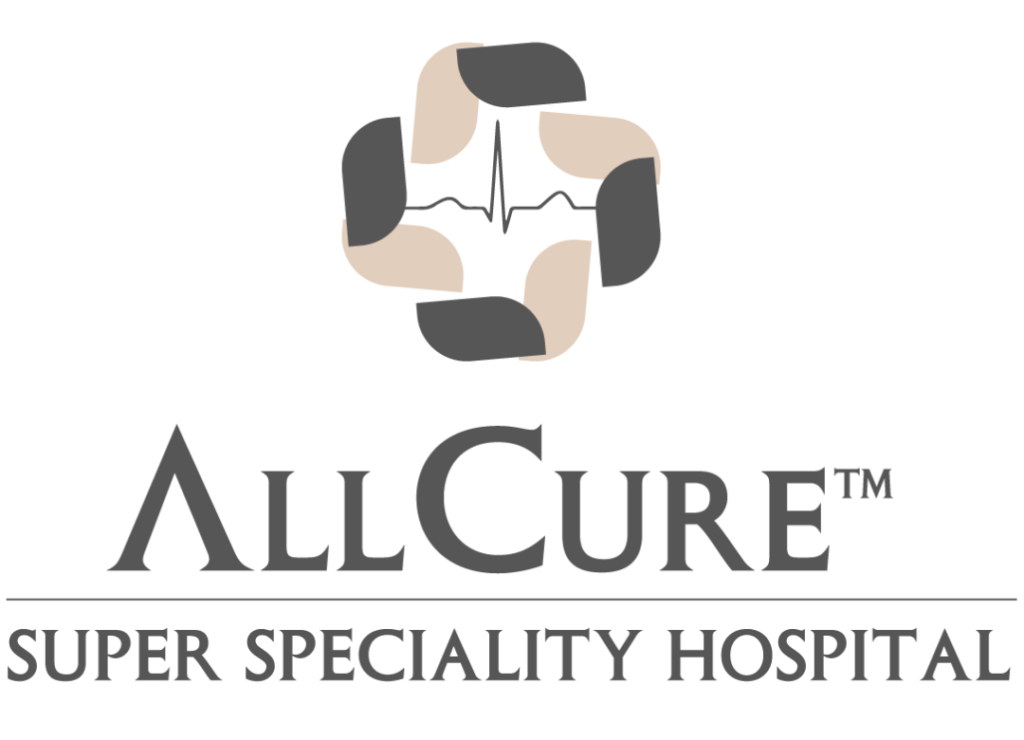Acupuncture is a form of alternative medicine originating in China and is considered a key component of traditional Chinese medicine. It involves the insertion of thin needles into specific points on the body at different locations and depths, known as acupuncture points. Most commonly, it treats pain.
How does an acupuncture treatment work?
It is crucial to understand that the exact mechanism behind acupuncture treatment is unclear.
Traditional Chinese medicine bases acupuncture on the concept of Qi (pronounced chi), a vital energy that flows through the body along pathways known as meridians. Illness and pain are believed to be caused by disruptions or imbalances in Qi flow. By inserting needles into acupuncture points, practitioners aim to restore the energy balance and promote healing.
However, in contrast to this belief, other studies and analyses consider acupuncture points to stimulate the central nervous system to release chemicals in muscles, the spinal cord, and other connective tissues. As a result of biochemical changes, it promotes the body’s natural healing abilities.
Which conditions can acupuncture treat?
Acupuncture treatment eases discomfort linked to different illnesses and chronic health conditions, such as:
- Dental pain
- Headaches (including tension headaches and migraines)
- Labour pain
- Lower back pain
- Neck pain
- Arthritis
- Menstrual cramps
- Infertility
Emotional conditions like anxiety, depression, and insomnia may also benefit from acupuncture.
What are the benefits of acupuncture therapy?
Acupuncture is considered a safe and effective complementary therapy for various conditions. It is a flexible treatment that targets health conditions and can be combined effectively with other forms of treatment. The potential benefits of acupuncture therapy include:
- Reduced stress
- Fewer digestive issues
- Improved sleep
- Reduced back and joint pain
- Headache relief
What are the risks associated with acupuncture?
Acupuncture is considered a safe and low-risk therapy when performed by a licensed and qualified practitioner. The mild and short-lived side effects include:
- Soreness or bruising at the needle insertion site
- Nausea
- Dizziness/lightheadedness
Other risks include infection due to unsterilized needles. In rare cases, it may lead to internal organ damage due to needle breakage.
What are common acupuncture points?
There are 361 acupuncture points on the body, and the acupuncturist will select the appropriate points based on individual needs and symptoms. Some common points of acupuncture include:
- Large Intestine Channel (LI4): Located on the back side of the hand between the thumb and the first finger, it relieves pain and treats inflammatory and feverish diseases.
- Stomach Channel (ST36): Located at the front of the leg, just below the knee, it helps with digestive disorders.
- Lung Channel (LU7): Located above the wrist on the inside of the arm, it treats several upper body disorders, including headaches, neck stiffness, etc.
- Gallbladder Channel (9GB20): Located at the base of the skull, where it joins the neck in the back, it treats acute disorders such as the common cold, influenza, fever, etc.
- Liver Channel (LV3): Located at the top of the foot, between the first and second toes, it balances emotional energy, regulates menstruation, etc.
- Heart Channel (HT7): Located on the outer wrist side, it treats heart diseases and mental disorders, such as absent-mindedness, insomnia, etc.
Who should avoid acupuncture?
People who may need caution or avoid acupuncture altogether include:
- People with bleeding disorders
- Pregnant women
- People with pacemakers
- People with a seizure history
What factors should I consider for an acupuncture appointment?
Before scheduling an appointment:
- Find a qualified and licensed practitioner
- Inform your healthcare provider
- Understand the benefits and risks
After scheduling an appointment:
- Discuss your medical history with the practitioner
- Eat appropriately before your appointment
- Opt for loose-fitting and comfortable clothing
- Avoid caffeine before your appointment
Conclusion
Even though acupuncture is an effective complementary therapy, it is important to understand that it is not for everyone. Before receiving an acupuncture treatment, consult and discuss it with your healthcare provider to avoid any health risks. To ensure overall health and wellness and benefit from treatment, approach a qualified practitioner.
